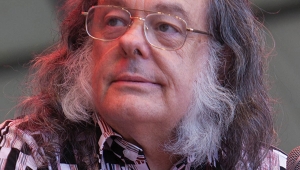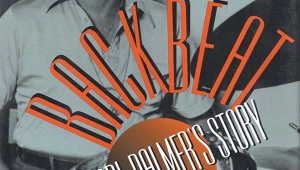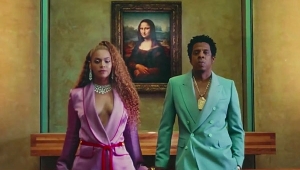| Columns Retired Columns & Blogs |
Hi
So what is "A Burst of Glory" appeared to Tyler Chester when he first auditioned his master-taped first album of Madi Cunningham , which cost "an extra $6,000 in studio time" ????
Surprised such crucial sonic report was not seen in the above review !
As a die-hard analogue connoisseur, a classical music reference CD I own, titled: "The Tube". an 1999 TACET music production in Germany using tubes only throughout signal chain, from Neumann mics to 1950s Telefunken mono-upgraded-stereo tape mastering recorder to custom-designed A/D converter with no solid-state devices throughout !!!!!
I just want to compare notes on the tape-mastered sonic aspect !
Listening is believing
Jack L


























